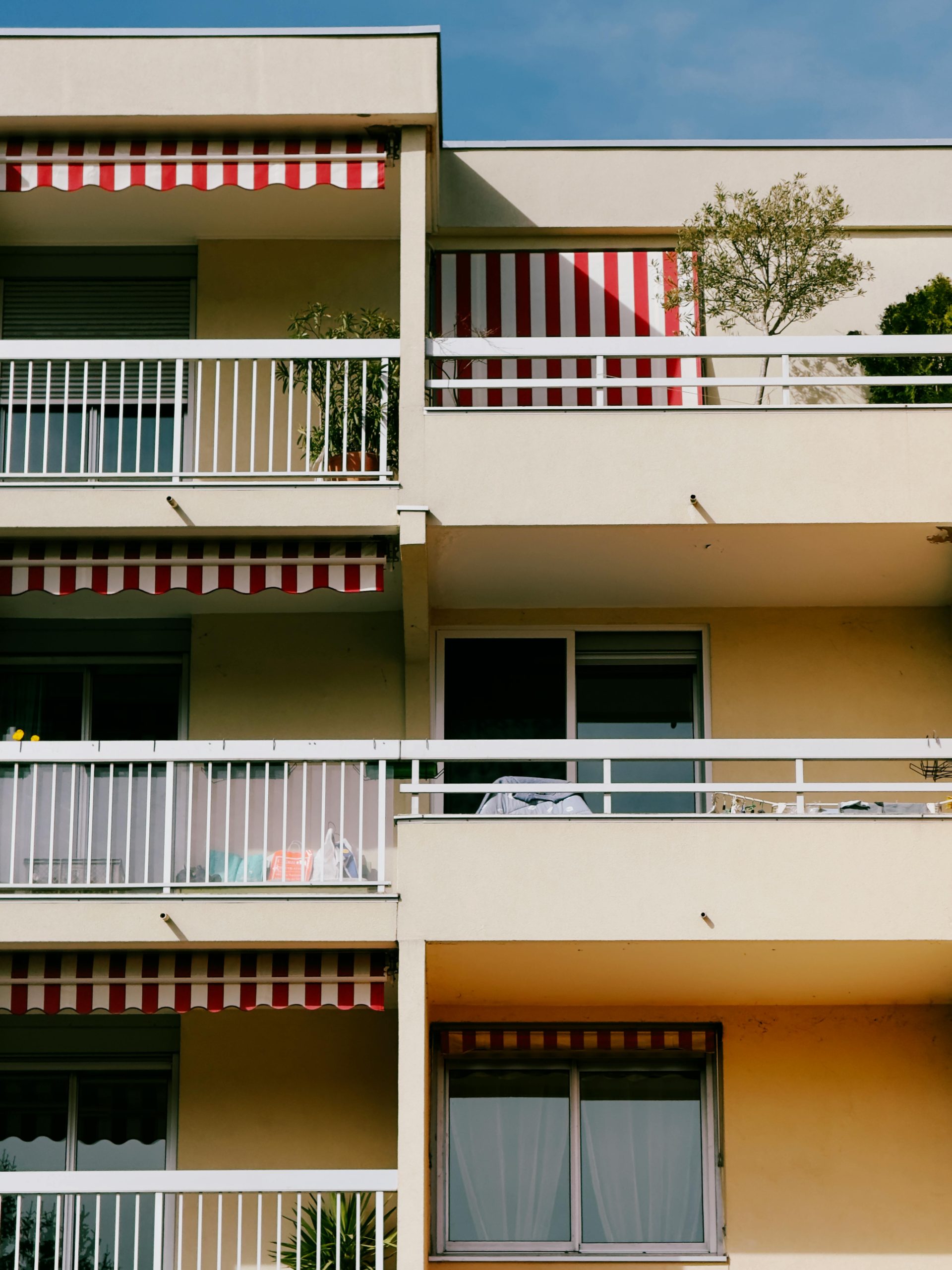Handling Ceiling Leaks in Student Apartments: What’s Your Best Course of Action?
Living in a student apartment, especially during an internship in a city like Atlanta, comes with its own set of challenges — and unexpected maintenance issues can certainly add to the stress. Recently, I faced a situation where heavy storms caused a ceiling leak in my apartment. After noticing the leak, I promptly informed management, but the situation quickly evolved into a more complex dilemma involving property damage and reimbursement.
During a particularly severe storm week, water began seeping through the ceiling and pooling over a container I had placed nearby, which management had previously indicated was appropriately sized. Unfortunately, the leak was more extensive than initially estimated, resulting in water damage to my belongings, including my iPad and other personal items near my desk.
When I approached the management team seeking reimbursement for my damaged property, they responded by advising me to submit a claim through my personal renter’s insurance instead. They suggested I had no grounds for compensation from the property. This response left me questioning the proper course of action since I believe the damage is not my liability, especially given the circumstances. The damage is minor and the deductible on insurance would likely outweigh or eliminate any potential reimbursement, making it an inefficient route.
So, what’s the best way to handle such a situation? Should I consider filing a claim with my renter’s insurance, or is there a more appropriate course, such as seeking direct compensation from the property management?
Understanding tenant rights and the responsibilities of property management is vital in these scenarios. Typically, if the damage results from maintenance issues or unforeseen circumstances like storms, the landlord or management company might be liable for repairs and damages. It’s important to document everything: photos of the damage, correspondence with management, and detailed records of the incident.
In situations like this, tenants often have two options: file a formal complaint and seek compensation directly from the property owner or management, or file a claim through their renter’s insurance. While renter’s insurance can cover personal property damage, landlords are usually responsible for fixing structural issues and addressing damages caused by maintenance neglect or natural events.
In summary, if you’re facing a ceiling leak due to weather or maintenance oversight:
– Document all damage and communications.
– Review your lease agreement to understand your rights.
– Contact management to request repairs and compensation for personal items.
– Consider consulting local tenant laws to determine whether the landlord is liable in your situation.
– Use renter’s insurance as a backup for personal property, but prioritize settlement



